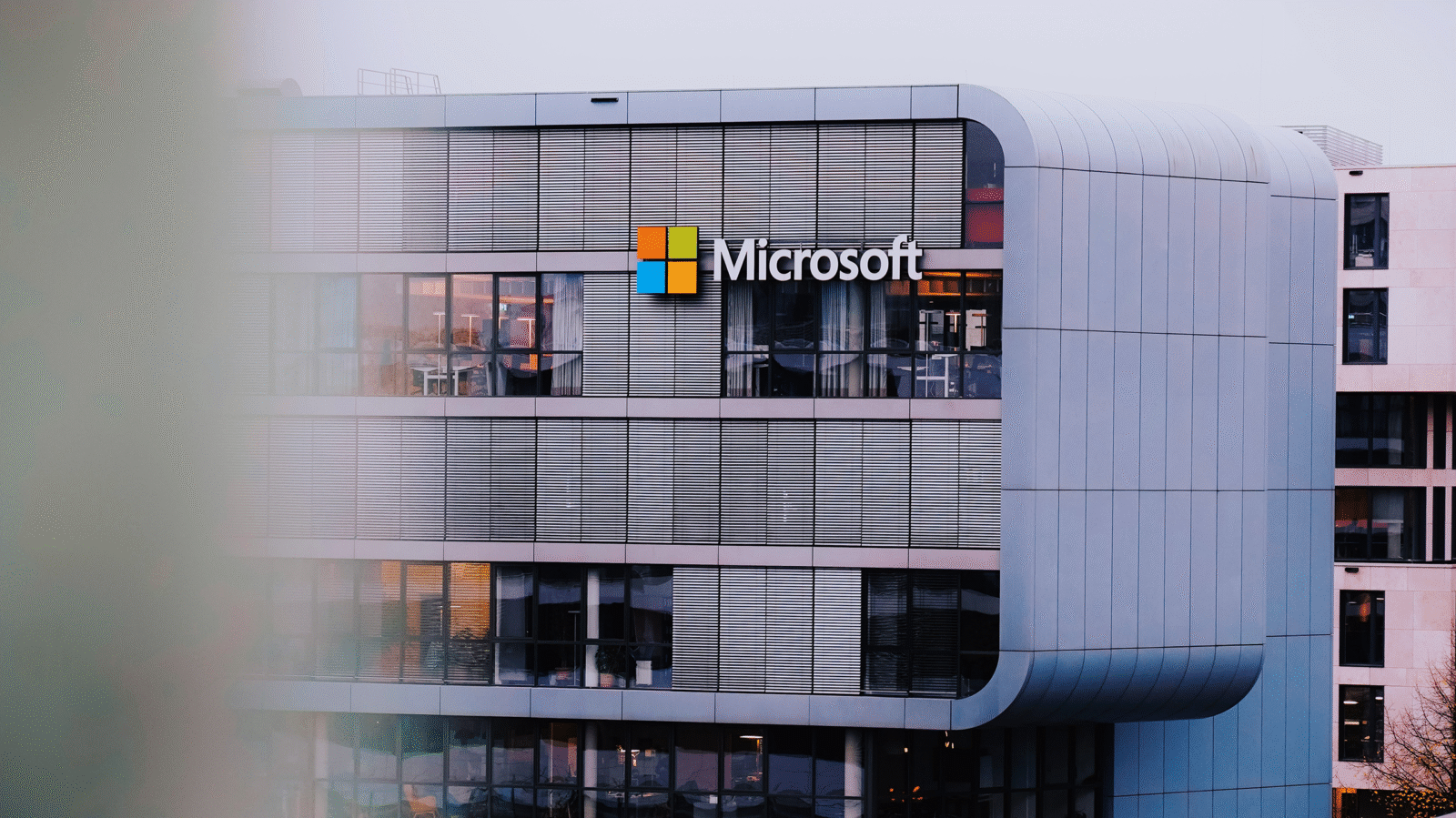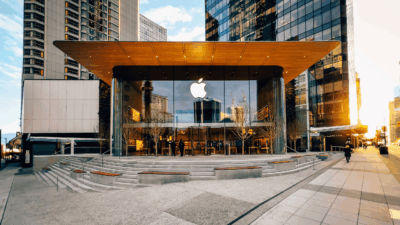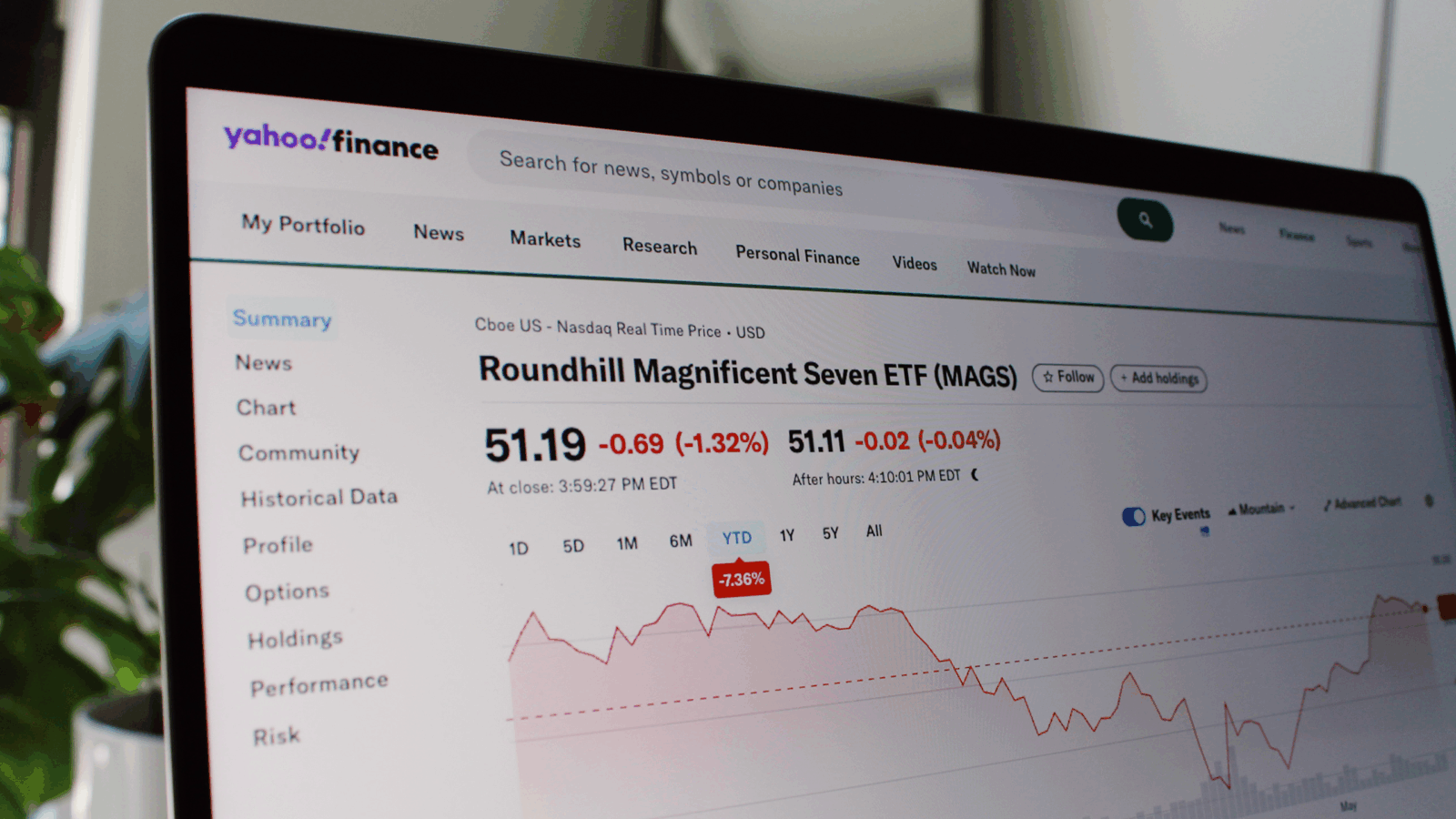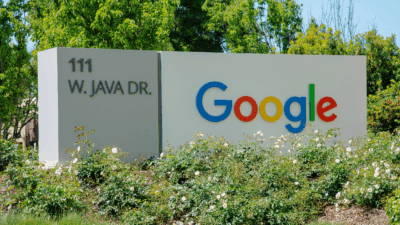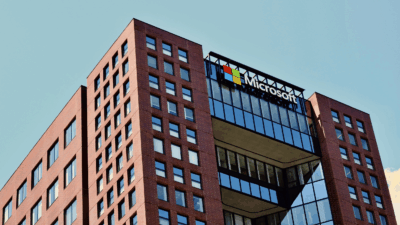Meta Faces Investigation Over Illicit Drug Sales
Facebook and other social media platforms are the subject of a probe by federal prosecutors into available medications.

Sign up for smart news, insights, and analysis on the biggest financial stories of the day.
As the tagline for “The Social Network” put it: “You don’t get to 300 million friends without making a few enemies.” Likewise, you can’t operate a $130 billion advertising business without a few enemies of the state buying up ads.
US prosecutors have begun investigating Meta for the role it plays in the sale of illicit drugs on its various social media platforms, according to reporting by The Wall Street Journal published over the weekend. Consider it the latest battle over the efficacy of content self-moderation.
OMG, FDA
Section 230 of the 1996 Communications Decency Act has long granted a legal shield for internet companies against possible criminal speech conducted by users on their platforms, such as defamation, libel, hate speech, or incitement to violence. But the clause’s blanket protections don’t necessarily extend to all cases on the margins, and this latest investigation, brought by federal prosecutors in Virginia and aided by the FDA, is probing whether Meta facilitated and profited from the sale of illegal drugs on its platform, sources told the WSJ.
Subpoenas seen by the WSJ and delivered to Meta last year seek records related to “violative drug content on Meta’s platforms and/or the illicit sale of drugs via Meta’s platforms.” And while Meta has several systems in place — including the use of third-party moderators — to prevent the advertising of illicit drugs on its platform, recent history suggests they’re far from foolproof:
- In August, the WSJ also reported that scores of counterfeit companies were using Meta platforms to advertise for unapproved knockoff versions of the ultra-popular weight-loss drugs Wegovy and Ozempic. Though Meta removed ads flagged by the WSJ, similar ads soon popped up across its platforms, the WSJ reported.
- Facebook and Instagram were also found to be hotbeds for ads from telehealth companies hawking medications for anxiety, depression, ADHD, and other mental health concerns during the pandemic, often without mentioning side effects and otherwise skirting FDA regulations.
As part of the investigation, subpoenas have also been served to the Alliance to Counter Crime Online as well as the Algorithmic Transparency Institute, which handed over thousands of documents concerning telehealth ads to the prosecutors, the WSJ reported.
Just Google It: Meta would hardly be the first tech giant punished for facilitating the illicit drug trade. In 2011, Google was forced to forfeit the $500 million it made from Canadian drug companies who were illegally targeting American citizens with ads for cheaper drugs. In other words, the internet — and the targeted-advertising economy it relies on — still hasn’t shed its Wild West vibe.
